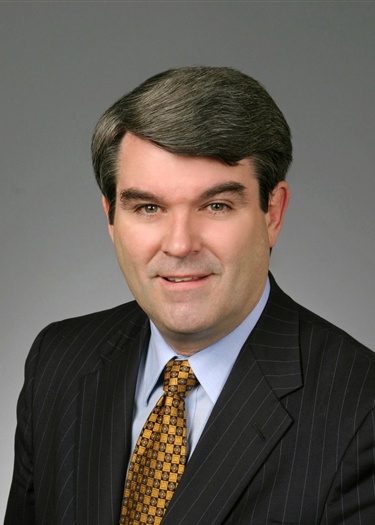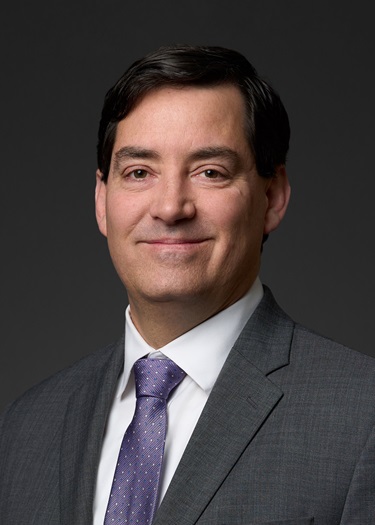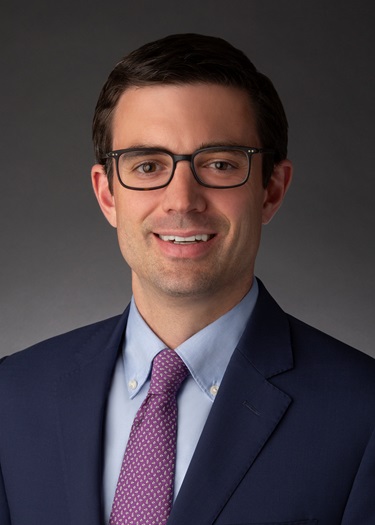In recent decisions in the First and Ninth Circuits, the government has advanced FCA theories of liability in three key areas relevant to Food and Drug Administration (FDA)-related cases:
- Misrepresentations to FDA: The government has argued in court filings that misrepresentations to the FDA are actionable under the FCA pursuant to a “fraud in the inducement” theory. Under this theory, a claim can be false under the FCA when the underlying contract or government benefit is obtained through false statements or fraudulent conduct. In the FDA context, the government argues that this theory applies when misrepresentations to the FDA resulted in drug approval or masked serious problems that would have led the FDA to withdraw approval, despite that the misrepresentations are not made to the paying agency. Brief for United States as amicus curiae, United States ex rel. Campie v. Gilead Sciences, Inc., 862 F.3d 890 (9th Cir. 2017). Generally, courts have been hesitant to accept this “fraud on the FDA” theory. See, e.g., United States ex rel. Nargol v. Depuy Orthopaedics, Inc., 865 F.3d 29 (1st Cir. July 26, 2017); United States ex rel. D’Agostino v. ev3, Inc., 845 F.3d 1 (1st Cir. 2016). However, the court in United States ex rel. Campie v. Gilead Sciences, Inc., 862 F.3d 890 (9th Cir. July 7, 2017), found that relator had adequately alleged that Gilead made misrepresentations to the FDA through the omission of critical information related to contamination in its products and the manufacture of a key ingredient at an unapproved facility. Moreover, the court held that Gilead could be held liable even though the misrepresentations were directed at the FDA and not the government payer.
- Nonconforming Products: The DOJ has also argued that the FCA attaches if a company “provided a particular drug yet has actually provided something understood to be different — such as a product with materially different strength or that is contaminated in a way that poses a significant health risk.” This applies even if the provided product is not “worthless” and therefore does not fall under the FCA worthless services doctrine. See brief for United States as amicus curiae, Gilead, 862 F.3d 890 (No. 15-16380). The Gilead court found that the company’s products that included an ingredient manufactured at an unapproved facility were nonconforming, and therefore the sale of these products was actionable under the FCA. The court noted that it is not enough for the product to be nonconforming; a claim for nonconforming goods must include a false statement, such as misleading labels, or otherwise be part of a fraudulent course of conduct. In United States ex rel. Nargol v. Depuy Orthopaedics, Inc., 865 F.3d 29 (1st Cir., July 26, 2017), the First Circuit did not explicitly require a fraudulent course of conduct for a nonconforming product claim. The court ruled that it was enough for relators to state a claim where the defendants allegedly sold a device with a manufacturing defect that did not meet the specifications in its FDA approval. Furthermore, the court took a more permissive approach to the Federal Rules of Civil Procedure 9(b) particularity requirement in overturning the district court decision, finding that the pleading of one exemplar false claim involving a defective device and statistical evidence were sufficient. This decision may breathe new life into product-liability-type claims under the FCA.
- Materiality: Finally, the government has sought to argue that Escobar did not establish a heightened test for materiality under the FCA and that materiality should be assessed based on the knowledge of the government officials at the time claims were submitted, and subsequent decisions not to investigate or to continue to reimburse should carry little weight. In the recent Gilead case, the court found that relators sufficiently alleged materiality, despite that the FDA took no action to withdraw approvals for the affected drugs and the government continued to reimburse for the drugs after learning of the violations.
Although no post-Escobar cases have directly contravened the Fourth Circuit’s holding in United States ex rel. Rostholder v. Omnicare, 745 F.3d 694 (4th Cir. 2014), that FDA/cGMP violations by themselves are insufficient to establish FCA liability, relators and the government appear to be crafting their pleadings more deliberately — alleging false statements, a fraudulent course of conduct or a significant product quality issue — to distinguish themselves from Rostholder. Moreover, even absent such factors, the government’s leverage continues to be significant in such matters. For example, in January 2017, Baxter Healthcare Corporation agreed with DOJ to pay US$2.158 million to resolve FCA allegations based on cGMP violations as part of a broader resolution even though there were no misrepresentations to the government and no product quality impact from mold contamination in air filters at the manufacturing site.
Key Takeaways
- If you do not have an in-house lawyer who focuses on and triages pharmaceutical manufacturing and quality issues, you need one.
- Life science companies should prepare to confront FCA complaints related to FDA and cGMP regulatory issues before they are even filed. An escalation process needs to be in place (i.e., to the legal department) when significant issues are detected, and companies should consider involving outside counsel early to assist in conducting a privileged investigation.
- Companies must make sure their manufacturing and quality systems are “current” and effective. Proactive, robust quality systems are essential to avoiding defending FCA actions based on allegedly defective or nonconforming product.
- It is important to maintain a transparent, truthful relationship with the FDA — misrepresentations made to the agency greatly increase the risk of FCA liability.
- Post-Escobar, the government may change its contracts/certifications to indicate that broad compliance with regulatory or contractual provisions is material to its payment decisions. Be aware of what this means for potential FCA exposure at your company.
- The DOJ has been aggressive in pushing an expansive view of FCA liability in life sciences cases while declining to intervene and letting relators take the lead in litigation. This approach allows the government to reap the potential benefits of expanded liability in this area with minimal investment of time and resources.
Attorney Advertising—Sidley Austin LLP is a global law firm. Our addresses and contact information can be found at www.sidley.com/en/locations/offices.
Sidley provides this information as a service to clients and other friends for educational purposes only. It should not be construed or relied on as legal advice or to create a lawyer-client relationship. Readers should not act upon this information without seeking advice from professional advisers. Sidley and Sidley Austin refer to Sidley Austin LLP and affiliated partnerships as explained at www.sidley.com/disclaimer.
© Sidley Austin LLP



